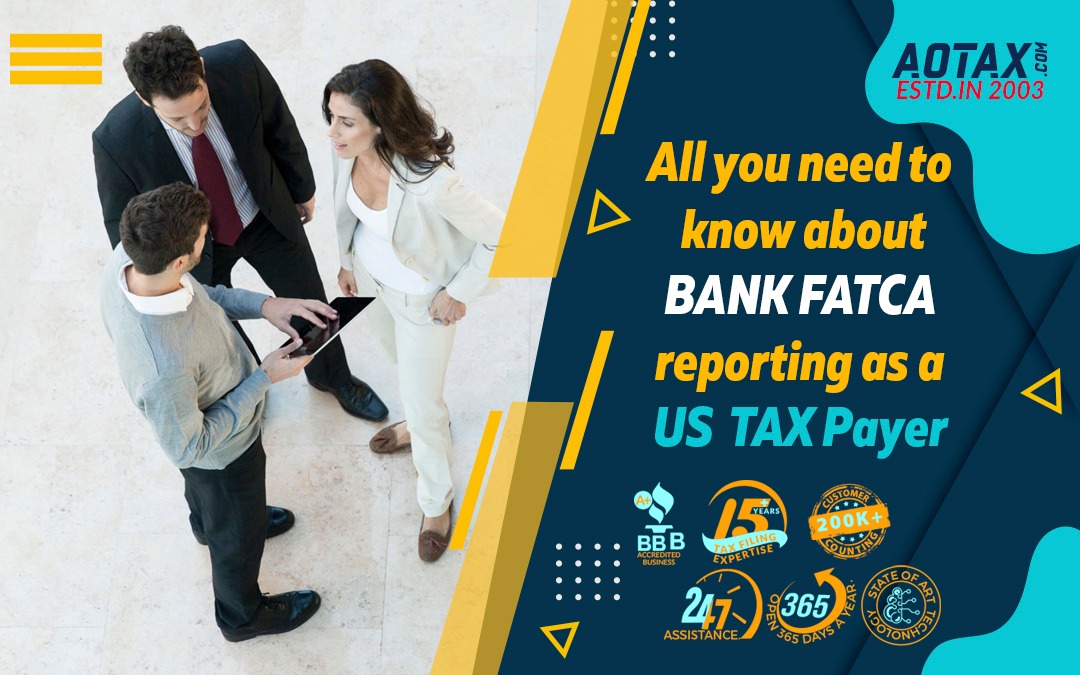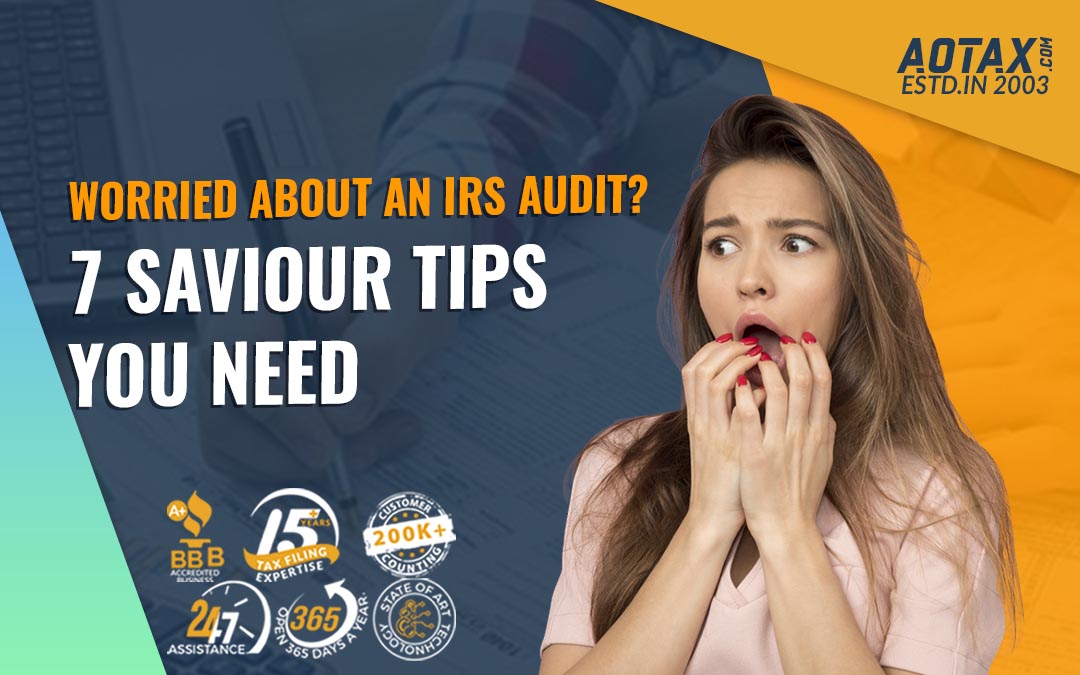
All you need to know about Bank FATCA reporting as a US taxpayer
All you need to know about Bank FATCA reporting as a US taxpayer
Bank FATCA reporting as US Taxpayer.It should not come as a surprise that the US Government looks into a wider array of things for expats and not just the taxation. FATCA is one such avenue. There are a lot of rumours and misinformation surrounding FATCA, so let’s break it down slowly.
What is It?
FATCA or Foreign Account Tax Compliance Act came into the law books in the year 2010. It made way for reporting of information related to payments towards foreign financial institutions or foreign entities in general. The whole intent of creating this Act was to make it easier for the IRS to keep a track of all the earnings that US citizens and business have from foreign investments or bank accounts.
One thing to keep in mind is that the IRS does not govern the FATCA. In fact, the Financial Crimes Enforcement Network under the US Treasury Department takes care of the same. Though, there is nothing holding them against sharing information at the time of need.
Whom does it Affect?
Knowing whether or not FATCA affects you is important. Simply because if it does, you would need to file everything very carefully and in a timely manner. The following individuals are impacted by FATCA.
- US citizen or resident aliens (Green card holders) must be compliant with FATCA irrespective of where they stay.
- US persons owning a business or have a majority stake in a business.
- Any form of worldwide agreements.
- US investment houses or banks that have interactions and dealings with foreign financial institutions.
- Any foreign financial institution that deals with money.
Requirements to File FATCA
US residents who have foreign bank accounts or investments must file the FinCEN Form 114 if their investments meet the threshold amount. The FinCen Form 114 was previously known as the FBAR Form and some people still use the name. There aren’t any minimum age criteria for filing the Form 114.
The threshold amount for individuals stands at $10,000. If at any point in time during a financial year the investments breach the $10,000 mark, it must be reported with the help of FinCEN Form 114. Other forms of income such as interests or dividends must also be reported regularly to avoid any penalties or fines at a later stage.
What you Need to file FinCEN Form 114
In order to fill the FinCEN Form 114, you would need to have the following information handy.
- Your name, social security details and address.
- If there are any joint account holders, their name, social security number and address.
- The type of bank account that you are holding (ex. Current, savings etc.). The type of Securities that you are holding (mutual funds or stocks) and any other type of investments that don’t come under the category of bank account or securities.
- Details of your bank account.
- The name and address of the bank with which you hold the account.
- The bank account number.
- The number of joint owners of the account.
- The highest amount of money held in the account for the taxable year in question.
Are there any penalties?
The US Government levies some hefty penalties for withholding such information or failing to declare them during your tax filing. For non-willful violations, you might end up paying up to $10,000 for every year of not filing.
If you are found to be willfully violating the rules, you might face penalties up to $100,000 or 50% of the amount of money in your account at that point in time.


Recent Comments